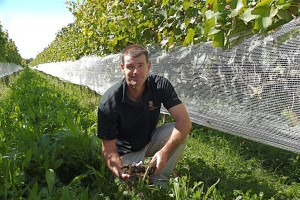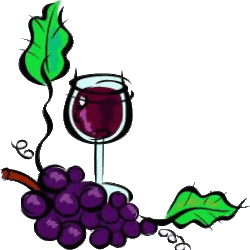DomPost by Gerard Hutching
Officials and wine growers have cut through red tape to make it easier for New Zealand organic wines to be sold in Europe. The European Commission has recognised New Zealand organic wine production methods as equivalent to its own, paving the way for exports. “The market potential in the EU is growing exponentially,” James Millton of Gisborne’s Millton Vineyards said. “The younger generation are focused on organic and even beyond into biodynamic, and a lot of conventional producers in Europe are changing to these types of growing systems.”

Jonathan Hamlet, chairman of Organic Winegrowers New Zealand, said up till now many producers had not bothered to market their wine as organic because the process was too difficult. “We used to have a lot of red tape, it involved getting an individual importing licence for an individual market, not one for the whole of the EU, but in last two years the Ministry for Primary Industries and NZ Wine have been working towards getting equivalence,” Hamlet said.
In 2013, almost 2000 hectares (5.6 per cent) of New Zealand’s 35,700ha wine-producing area were under organic certification. The total value of organic wine exported is estimated to be $44 million. The organic wine industry has a goal to reach 20 per cent of New Zealand production by 2020. Millton said it was an achievable goal because many producers already practised as organic but did not undergo the certification process. “It’s just a question whether these growers are prepared to undergo certification. If they do I’m confident we’ll get to 20 per cent by 2020.” He said his main wine varieties were chenin blanc, viognier, riesling and chardonnay.
One of New Zealand’s biggest wine producers, Villa Maria, was just under 30 per cent certified organic. Hamlet said there was a three-year conversion process from non-organic to certified organic and an annual audit which ensured a grower complied with organic standards. Organic manufacturers could use sulphites, which are natural preservatives, to stop wine oxidising, although they are used at lower concentrations in organic wines.
New Zealand has similar organic equivalence agreements with Japan, Switzerland, Taiwan and the US.

